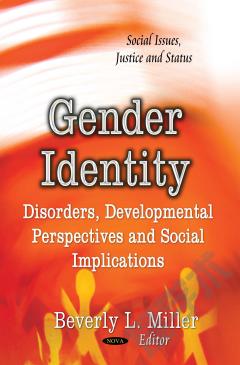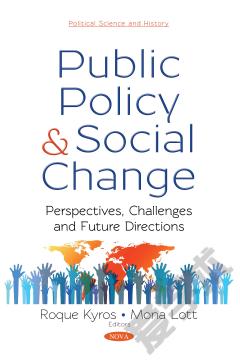Social Policy: Challenges, Developments and Implications
Social policy primarily refers to guidelines and interventions for promoting human welfare. This book links the findings from developmental psychopathology to social policy and to the importance of creating policies to prevent the development of psychopathological problems. This book also investigates the relationship between social policy and human development in the specific contest of West Sub-Saharan Africa, highlighting the important modernizing, democratizing and consolidating function of welfare institutions. Moreover, minimum wages have been rationalized an anti-poverty device, domestically and internationally. The authors argue that minimum wages are at best an exceedingly blunt instrument for curbing poverty, at at worst may exacerbate poverty in the long-run. Furthermore, given the prevalence of mental health and/or substance use issues, supported accommodation services and residential rehabilitation services have an important role in facilitating recovery among people who experience these issues. The authors argue that supported accommodation and residential rehabilitation services share a number of similarities. A discussion on the importance of clear government policy to guide the two services types is also included, as this has the potential to enhance service provision and, ultimately, client well-being. Other chapters describe the historical development of welfare policy in Denmark, analyze the social representations of domestic violence inflicted against low income women, and provide a game-theoretic model to discuss the role of the media in earthquake prediction.
{{comment.content}}








 京公网安备 11010802027623号
京公网安备 11010802027623号